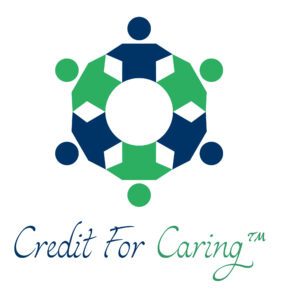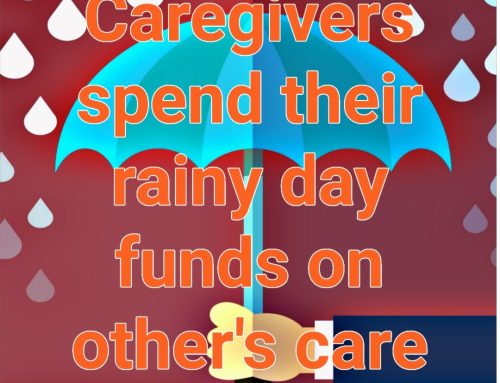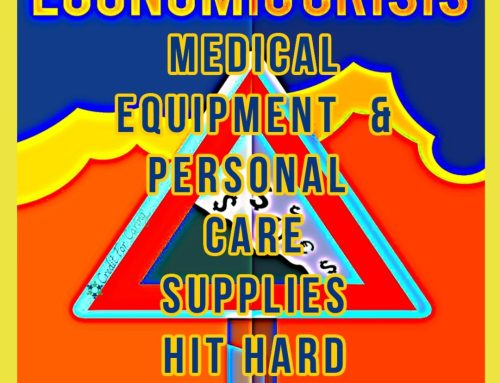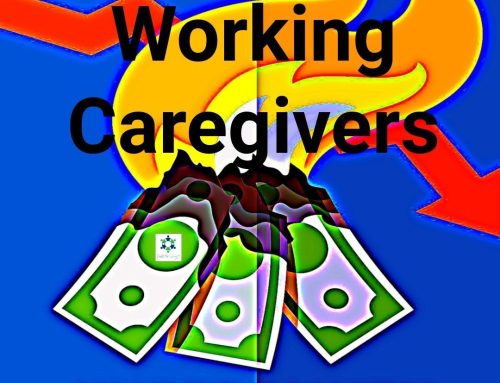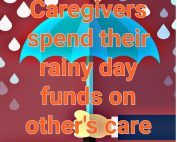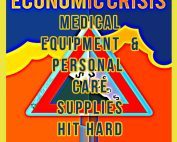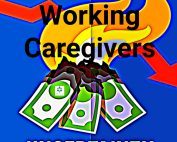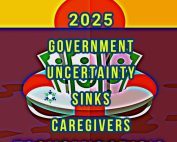
The Pizza Generation of Caregivers
The Pizza Generation of Caregivers
What is the Pizza Generation?
Young adults and school aged children are assuming care responsibilities in greater numbers. While accurate data is scarce, most sources believe there are more than 1.5 million young caregivers nationwide. Call it pizza, flat bread, or an open-faced sandwich (pardon me, I am writing this while thinking about what I will have for lunch), this generation starts out at a greater disadvantage than any previous caregiver generation.
The Sandwich Generation
Gen x and Millennial generations are referred to as the sandwich generation of caregivers, caught between the dual responsibilities of raising their own families while providing care for aging parents. The challenges they face underscore societal shifts that demand attention. The lack of accessible and affordable childcare and senior care becomes a critical issue as families navigate the demanding landscape of contemporary life. With the necessity for two incomes to adequately support a family, the absence of reliable care options places significant financial, mental, and physical burdens on them. As this generation strives to balance career ambitions and familial duties, the lack of a robust support system echoes broader social and economic disparities require immediate reforms.
Cradle to Grave Caregivers
The intersection of these complex factors highlights the urgency for comprehensive policies that address the needs of caregivers, encompassing both childcare support and resources for the care of aging parents. The sandwich generation struggles are real and painful. Our healthcare system turns a blind eye and deaf ear to the needs of these exhausted adults.

Young Caregivers – Gen Z and Alpha Generations Remain in the Shadows
The young caregivers, from Generation Z and Alpha, find themselves grappling with the potential challenge of having older or chronically ill parents and the responsibility of caring for multiple generations while in school. This premature entrance into the realm of caregiving places an immense burden on these young individuals, who, in addition to managing family responsibilities, must contend with limited resources of time and energy to complete their own schoolwork not to mention socialize with others their age.
Future Plans Put on Hold
Beginning caregiving at a younger age, they are faced with the daunting task of balancing the needs of older family members with their own ambitions to learn, experiment, and develop their own identity. The sacrifices they make in the pursuit of family care impact not only their present but also shape the trajectory of their future.
Pizza Generation Needs Care Coordinators
Social care is healthcare. We need health insurance to take ownership of the heavy cost and burden of caregiving that is limiting the future for our Pizza Generation. We need big insurance to assign a Care Coordinators to every young caregiver, with the cost covered by the loved one’s insurance. These coordinators would act as navigators, helping caregivers access essential resources, providing emotional support, and ensuring that the caregiving journey is more manageable. This proactive measure would not only alleviate the burdens on young caregivers but also contribute to a more streamlined and efficient healthcare system.
Caregiver and Loved One in Unified Care Plan
Instituting a wraparound care plan with the medical team and the school district is essential. A behavioral health coordinator at the primary care provider’s office can address the mental health aspects of caregiving and work directly with schools keeping students on track as they cope with stress and emotional challenges. In addition, respite care is essential so that young caregivers can attend school and participate in social events.
Training and Education for a Brighter Future – Break the Cycle of Poverty
Call it the Young Caregiver contract where the federal government guarantees the time and space for personal growth, education, and counseling about their life after caregiving ends. Moreover, instituting a scholarship account dedicated to job training and education can empower young caregivers to pursue their own aspirations, break the cycle of limited opportunities, and foster a brighter future for these dedicated and resilient kids.
